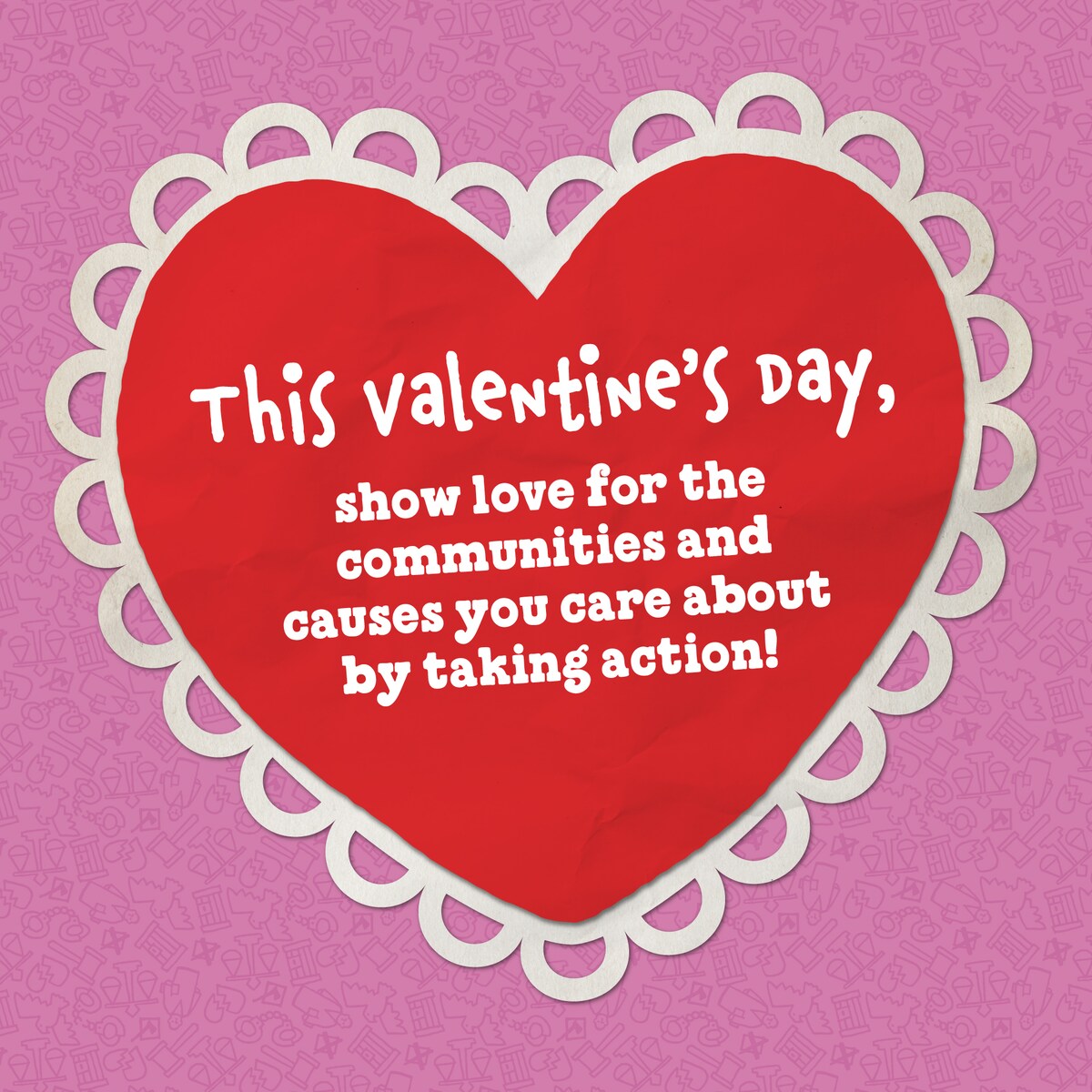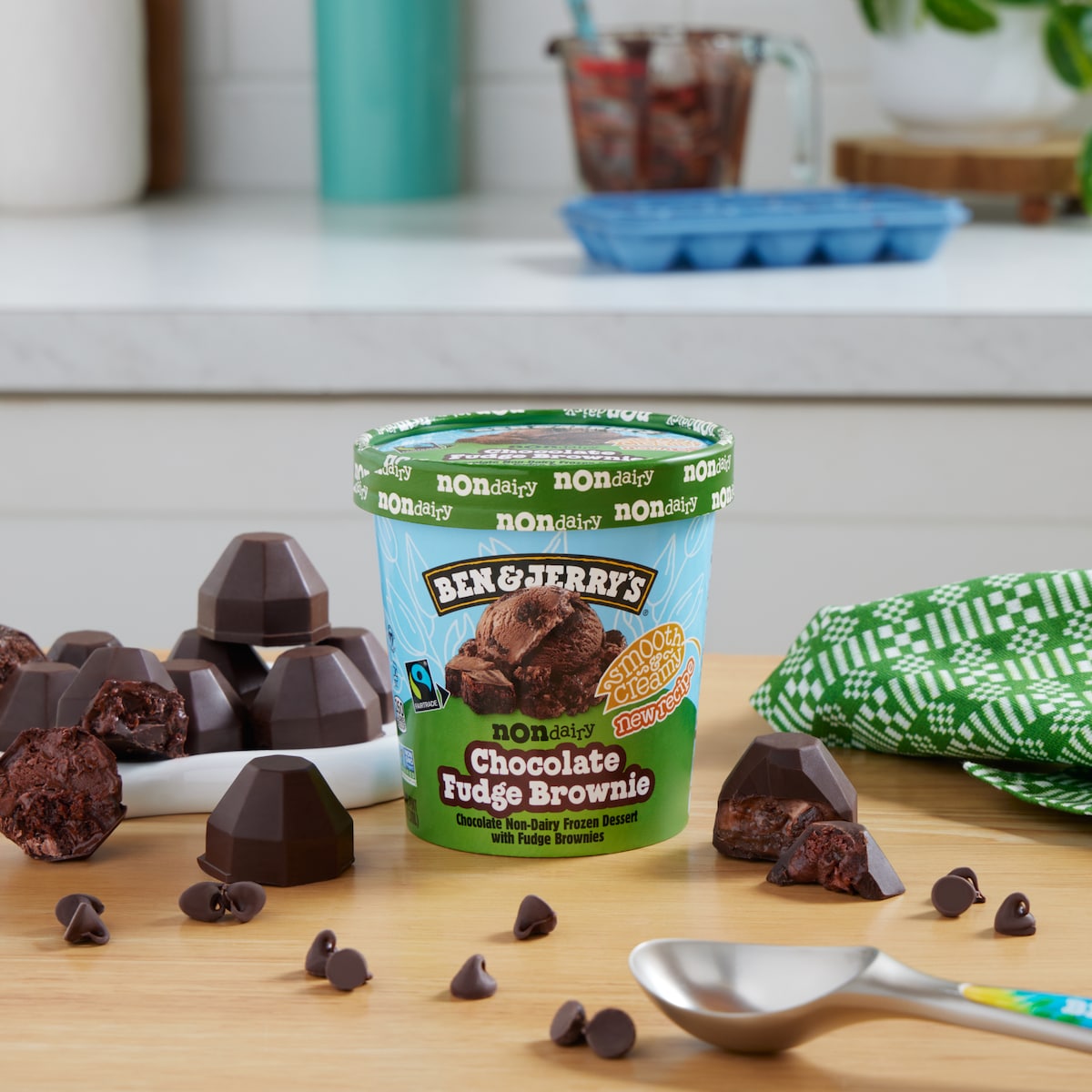Eliminating Barriers to Employment:
December 11, 2018
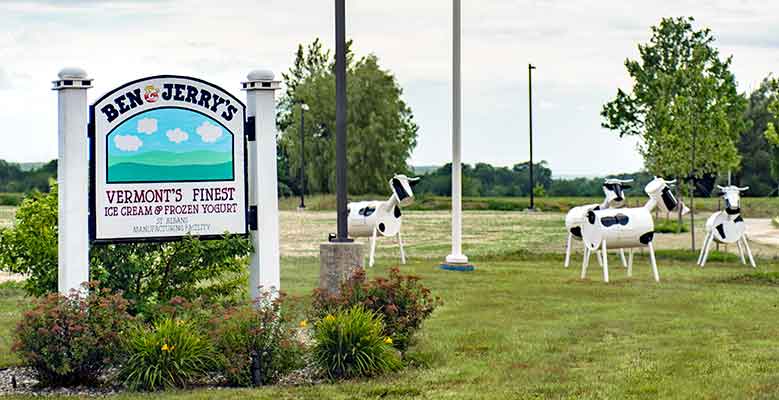
At Ben & Jerry’s, two things are true above all else: we love ice cream and we’re dedicated to our social mission. It’s been that way since the very beginning. Our values are as integral to everything we do as brownies are to Chocolate Fudge Brownie. In fact, you could say that those delicious brownies inspired our latest effort to give back to our communities.
If you love the brownies in any of our flavors, then you should thank Greyston Bakery. But their good work doesn’t stop there. They’ve helped turn around the economy in their hometown of Yonkers, NY, by working to eliminate all barriers to employment at their bakery. We’ve learned a lot from Greyston, and now we’ve started a similar program of our own: values-led hiring. Recently, we sat down with Rob Bellezza, director of our two factories here in Vermont, about values-led hiring and what it means for our communities and our company.
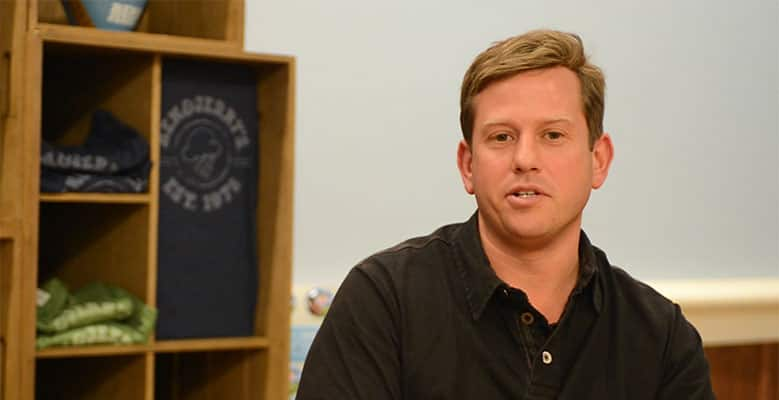
Values-led hiring is about eliminating barriers for people who want to get back into the workforce. It could be people who have dealt with addictions in the past and are struggling to find work. Or women who have been out of the workforce for a period of time and want to get started again. It could be people who are having a hard time providing for themselves and their families because of some mistakes they made in the past. We think it’s important to judge everyone for who they are and can be, not who they were.
Is that related to the idea of “banning the box”?Yeah, [banning the box refers to] the box on an employment application that you need to check if you’ve been convicted of a crime. It’s a similar idea. Going through this process, we've talked to a lot of people who have said, “Hey, I can't even get in the door because of that question.” And let's face it, some companies use that as a way to push people aside. I just don’t think we can live like that anymore. Banning the box eliminates another barrier, which allows us, again, to judge people for who they are right now.
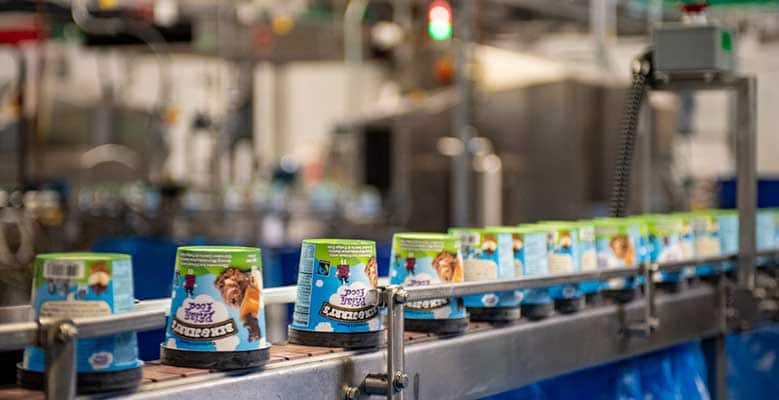
Absolutely. Greyston has an open hiring model, which is also about eliminating barriers to employment, but it’s different from values-led hiring. We're not trying to mimic that, but it definitely inspired us.
We've been with Greyson for 25+ years and because of this relationship and because of their mentoring and the stories we heard and the people we got to know there, it really motivated and energized us to say we need to do more. And that's what we're doing.
Where have you started using values-led hiring?
It's really focused right now on our manufacturing sites right here in Vermont. Franklin County, where our St. Alban's factory is, and Washington County, for our Waterbury factory. We're partnering with local organizations that are trying to create job opportunities for people.
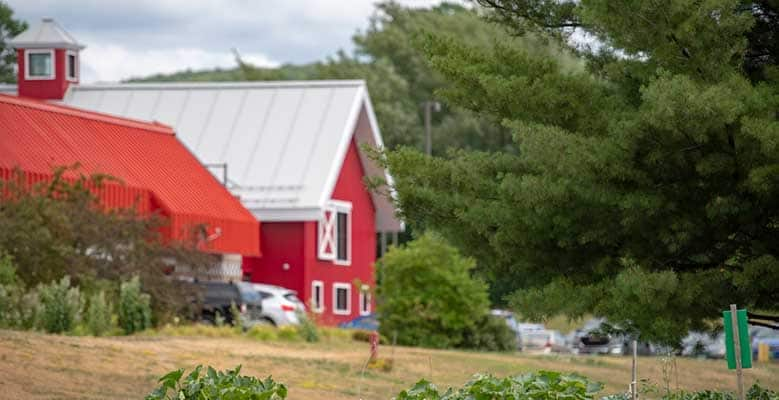
We created a whole new set of relationships. We’ve partnered with Vermont Works for Women, for example, and Salvation Farms, among others. All helping a different subset of individuals who are struggling to get back into the workforce. We get together to talk about the needs of the people they serve, and we look to see if we have the jobs to support them. We've been nurturing these relationships over the last few years, and we're constantly looking for new partners.
I think that values-led hiring is about more than giving individuals jobs. It's also about helping those partner organizations. We share whatever expertise we have that might help them do the things they do better, which ultimately helps them be able to do more for those they serve.
Why do you think it’s important for Ben & Jerry’s to focus on people and communities this way?
It's in our DNA. Our social mission is very clear—we want to be a positive influence in the communities where we make, buy, and sell our products. That’s the idea of linked prosperity, which is at the heart of everything we do. Basically, we think that as our business succeeds, everyone should share in that success. Values-led hiring falls right into it.
Everybody needs an opportunity. It doesn't matter where you're located or what community you're in—you can look down every corner and every street and you can see people are struggling, whatever that struggle may be. And it's going to be different based on where you are in the US and what cities you live in. Our factories, for example, are special places. Many of the people who work there grew up in the surrounding communities, their mom or dad worked at the factory, their sibling or cousin works at the factory, their spouse works at the factory. These are people who have close personal and family ties to those communities. So when they see their neighbor or someone get an opportunity, I think it makes people feel really good.
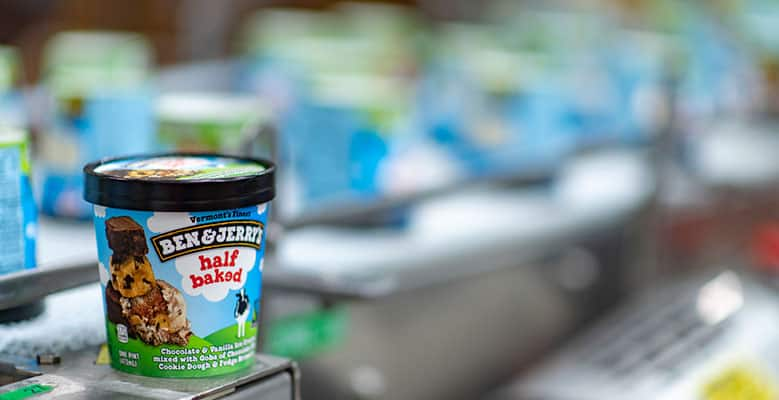
It's financial stability, it's self-worth, it's a routine that people can get back into, it’s experience that could lead to other opportunities. Success comes in so many different forms. It's not about hiring somebody and saying they're going to be here for 5, 10 years. That's great if that works out for them, but it's also great if we help people narrow in what they want to do or don't want to do, or if this is a stepping stone for them to get experience on their resume to go do something else. I think you can see the sense of pride, the sense of being part of a community, in the people who have come through the program. We all want to be part of something and we all want to be given an opportunity to be the best that we can be.
You know, every one of us has struggled at some point. And somewhere along the line, it is a wonderful feeling to know there is an organization and a community that's willing to help you through that and, more importantly, not label you for those struggles or the mistakes you made.
What has it been like internally at Ben & Jerry’s as you’ve been putting this program into place?
It's definitely a learning journey, because you're changing how you bring people into your workforce. So it starts with a lot of education and it starts with a lot of conversations with our employee base and our teammates to make sure that they understand why Ben & Jerry’s and Unilever want to go down this path, why it's important for us to continue to find new ways to help our communities. It’s been fun. And challenging. We’re always learning and looking to do better.
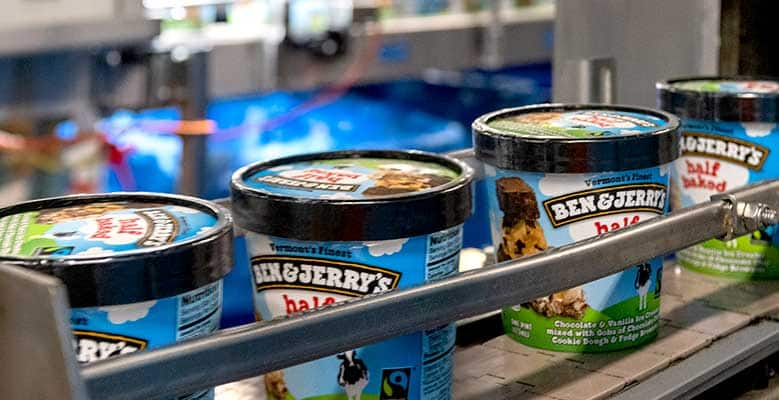
I think all businesses have a responsibility to give something back to the community, but what other companies can learn from our journey is that it doesn't need to be exactly like what we do or what Greyston does. It needs to be what's important for them and their community. That's definitely how we're approaching values-led hiring at Unilever. Unilever wants to eliminate boundaries in all our manufacturing sites throughout the US, so Ben & Jerry’s is just the start. How we choose to do it in Vermont is not going to be the same way they do it in Chicago. It's not going to be the same way they do it in Tennessee. It's all going to be based on what their particular community needs are.
What does it mean to you to be part of something like this?
For me, personally, it's made work not feel like work. I feel like I have purpose in what I'm doing, like I’m working toward something bigger. Working at Ben & Jerry's has made me a better person.
I have three young kids, and I'm trying to teach them what it means to make an impact in their community. So the things I'm doing not only energize me and make me feel like there's purpose in what I do, it also helps me create purpose in my kids. Being part of this has made me a better father and helped me teach my kids how to do better things in our community. That's invaluable.
